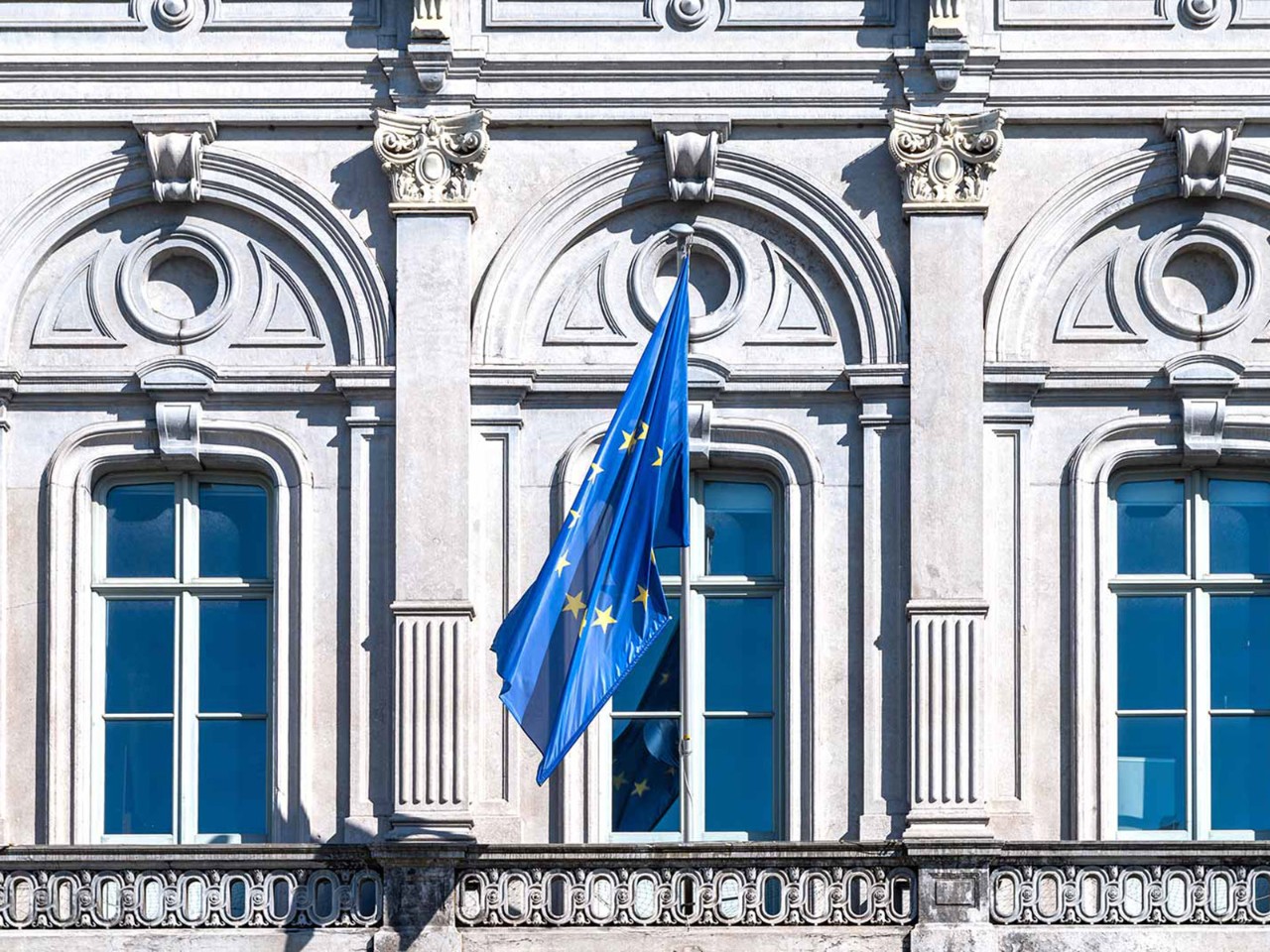
Pressure to adopt environmental, social and governance (ESG) reporting practices is intensifying. While the EU’s corporate sustainability reporting directive (CSRD) requires comprehensive sustainability disclosures primarily for large companies and public interest entities from 2025, the ripple effects extend far beyond these businesses.
In their quest to align with the CSRD and similar regulations, large corporations are increasingly requiring their entire supply chains, including small and medium-sized enterprises (SMEs), to adhere to comparable sustainability standards, making this a universal expectation. Traditionally exempt from such stringent reporting requirements, SMEs now find themselves on the front line of this sustainability trickle-down effect.
The voluntary EFRAG standard proposes a simple sustainability reporting tool for SMEs
Along with my co-authors, I have been involved in two research projects covering some 400 small and medium-size practitioners that examined the challenges of sustainability reporting for SMEs, and ways in which accountants and others can provide support. This article offers an overview.
Present position
Currently there is no requirement for SMEs to engage in sustainability reporting, and this is very unlikely to change any time soon.
There are suggested standards such as the Global Reporting Initiative’s, where SMEs can voluntarily disclose their ESG metrics and performance, and the European Financial Reporting Advisory Group (EFRAG) is consulting on voluntary reporting standards for non-listed SMEs.
The voluntary EFRAG standard proposes a simple reporting tool to assist non-listed micro businesses and SMEs in responding to requests for sustainability information from business counterparts (ie banks, investors, corporate customers). The aim is to make the response process efficient and proportionate for the SME as well as to facilitate their participation in the transition to a sustainable economy.
The real pressure on SMEs comes from larger entities looking to meet the ESRS
Growing expectations
However, the real pressure on SMEs to produce sustainability reports comes from larger entities looking to meet the European Sustainability Reporting Standards (ESRS), namely ESRS E1, Climate change, and ESRS S2, Workers in the value chain.
These bigger companies will be required to report on their Scope 3 greenhouse gas emissions. Often considered the most challenging to measure and mitigate, Scope 3 encompasses all indirect emissions that occur in the value chain of the reporting company (excluding those covered by Scope 1 and Scope 2).
Examples of Scope 3 emissions include:
- emissions from the production of goods and services purchased or acquired by the company in the reporting year
- emissions from the production of capital goods (eg buildings, machinery, equipment) used by the company
- emissions associated with the transportation and distribution of purchased goods, raw materials and other inputs in the supply chain.
Challenges for SMEs
Our research highlighted a number of issues, including:
- Cost. Initial setup costs, ongoing data management expenses and potential operational changes are financially challenging, and respondents identified these as the greatest barrier to implementing sustainability reporting.
- Resources. Limited human and financial resources make it difficult to allocate the necessary staff and budget towards developing and maintaining comprehensive sustainability reporting practices.
- Education/knowledge. There is a significant knowledge gap within SMEs on the importance, processes and required metrics of sustainability reporting.
- Data capture. It can be difficult to track progress and report accurately on sustainability metrics because inadequate technology and systems make the collection, management and analysis of sustainability data challenging.
Support
Our research projects also looked at the supports, both financial and non-financial, that could reduce the financial costs and challenges for SMEs in embracing sustainability reporting.
Survey respondents identified two financial supports that would help SMEs adopt sustainability reporting and the associated operational changes: government or EU grants/tax incentives or carbon credits; and subsidised education and training programmes, which would build long-term capacity within the SME sector.
Respondents also cited non-financial supports, most notably simplified disclosure requirements which could significantly reduce the complexity and resource demands placed on SMEs. This is a huge area of contention as the requirements and data points under the ESRS are vast. EFRAG has stated that the voluntary standard under development will act as ‘a simple reporting tool’ for SMEs.
Particularly desirable for our respondents would be the creation by the government or NGOs of specialised agencies to provide SMEs with tailored support, including consultancy, resources and tools for sustainability reporting. Such agencies could act as a bridge, simplifying the process and making sustainability reporting more accessible for SMEs.
The broader ecosystem’s collective will can turn challenges into opportunities
Looking ahead
As SMEs find themselves at the intersection of increased regulatory expectations and the challenges of sustainability reporting, it is imperative that policymakers, industry professionals and educational institutions collaborate to forge a path that is both realistic and feasible for SMEs. As trusted advisers, accountants have a key role to play.
Our research suggests that while the journey towards sustainability reporting is fraught with hurdles for SMEs – from financial constraints to technological gaps – the collective will and support from the broader ecosystem can turn these challenges into opportunities.
Financial supports and subsidised education are important, along with simplified disclosure requirements and the establishment of specialised agencies dedicated to assisting SMEs. These measures not only demystify the process of sustainability reporting but also ensure that SMEs are not left behind.
More information
ACCA Ireland’s conference includes a sustainability reporting overview
Visit ACCA’s sustainability hub



